
For whatever reason your Quaker parrot is exhibiting this behavior, feather plucking is the sign of other serious diseases or conditions. Diagnosing this condition is problematic at best, and your vet will probably make a diagnosis by exclusion.
Quaker parrot plucking can be a sign of underlying diseases like psittacine beak and feather disease (PBFD) or any number of infections. If your Quaker parrot is over preening or plucking out feathers, it is probably time to get some expert advice.
All birds preen and fluff their feathers; it is a natural instinct and their method of grooming. However, some birds, like Quaker parrots, may become obsessed with the process or even mutilate themselves. Determining if parrot plucking is normal or excessive may require an examination by an avian veterinarian. No matter why your bird is plucking its feathers, it is a dangerous habit and could be injurious to his health.
 Credit: Quaker Parrot by Alex Nelson under CC BY 2.0 via Wikimedia Commons http://commons.wikimedia.org/wiki/File:Myiopsitta_monachus_-head-4.jpg
Credit: Quaker Parrot by Alex Nelson under CC BY 2.0 via Wikimedia Commons http://commons.wikimedia.org/wiki/File:Myiopsitta_monachus_-head-4.jpgThe underlying causes of feather plucking can be disease or non-disease related. In addition to feather plucking, Quaker parrots are susceptible to Quaker Mutilation Syndrome.
Some diseases like bacterial, viral or fungal infections cause a bird to over-pluck. Hormonal imbalances or low thyroid can lead to plucking. Allergies to food, mold, smoke and other allergens can trigger over-plucking symptoms as can parasitic infestations.
On the other hand, the triggers can be stressors like:
This is just a short list of some common causes of Quaker feather plucking. If your bird is biting off his feathers or yanking them out, take him to a vet immediately.
Because there are so many variables about the trigger for a bird’s symptoms, vets usually arrive at a diagnosis by a process of elimination. For example, they do a physical examination of the bird to assess its overall health and condition. They may order blood chemistry panels or complete blood workups to rule out infection and disease. Skin biopsies can offer clues to the cause of the plucking. The more information you give your vet about your bird’s environment, diet and daily routine, the quicker the diagnosis process will be.
In Quaker Mutilation Syndrome, the parrots go beyond simply plucking their feathers to biting them or pulling them out. They may also rip and self-mutilate their flesh. While they typically pluck the plumage on the abdomen, chest, legs, or under the wings, they may attack any part of the body except the head.
Quaker Mutilation Syndrome can be caused by any of the triggers mentioned earlier, but it is more commonly the result of psychological or behavioral issues. The birds may be bored, crave more human interaction and attention, stressed, or suffer from separation anxiety.
To correctly diagnosis Quaker Mutilation Syndrome, the vet will usually use the same exclusionary process as the one discussed for diagnosing feather plucking.
Both Quaker Parrot plucking and Quaker Mutilation Syndrome symptoms are warning signals that bird owners should heed. Take any bird exhibiting such symptoms to the veterinarian immediately. Quaker parrots are congenial, vocal birds with large vocabularies and they make wonderful companions. It is important to keep your little feathered friends in the best possible health with regular checkups and a proper diet.
[1347]
[1348]
[1349]
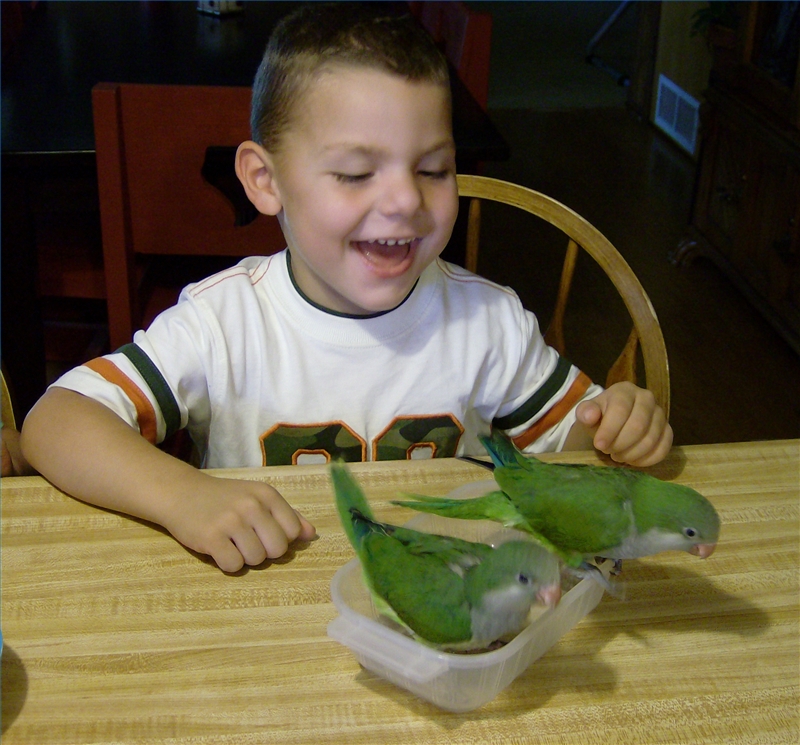 How to Handfeed a Baby Bird
How to Handfeed a Baby Bird
How to Han
How to Handfeed a Baby Bird
How to Handfeed a Baby Bird
How to Han
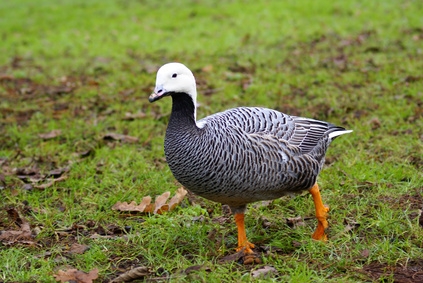 Northern California Bird Identification
Northern California Bird Identification
Northern California Bird Identification
Northern California Bird Identification
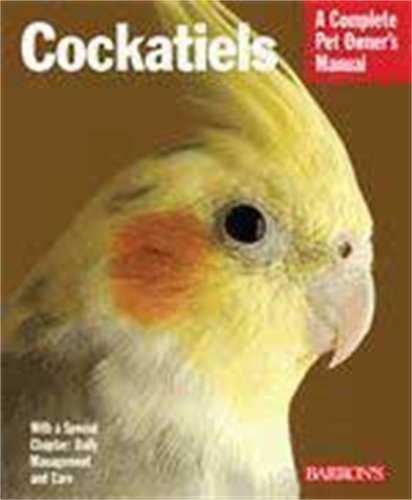 My Personal Joy of Having a Cockatiel for a Pet Bird
Cockatiels are the Perfect Pet Cockatiels are small par
My Personal Joy of Having a Cockatiel for a Pet Bird
Cockatiels are the Perfect Pet Cockatiels are small par
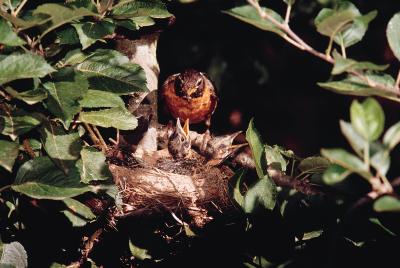 How to Help Baby Birds That Have Fallen Out of the Tree
How to Help Baby Birds That Have Fallen Out of
How to Help Baby Birds That Have Fallen Out of the Tree
How to Help Baby Birds That Have Fallen Out of
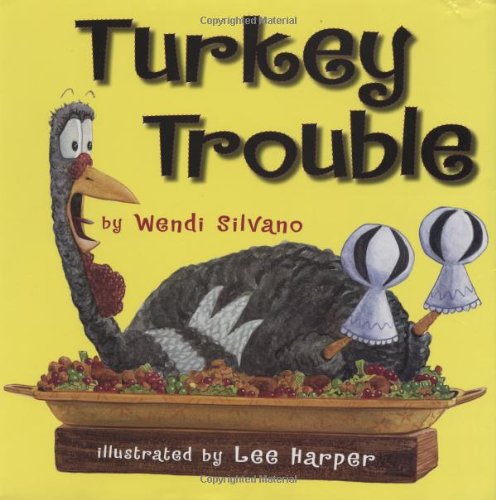 Thanksgiving Day Bird, the Mexico
¡Gobble!Sometimes, his
Thanksgiving Day Bird, the Mexico
¡Gobble!Sometimes, his
Copyright © 2005-2016 Pet Information All Rights Reserved
Contact us: www162date@outlook.com